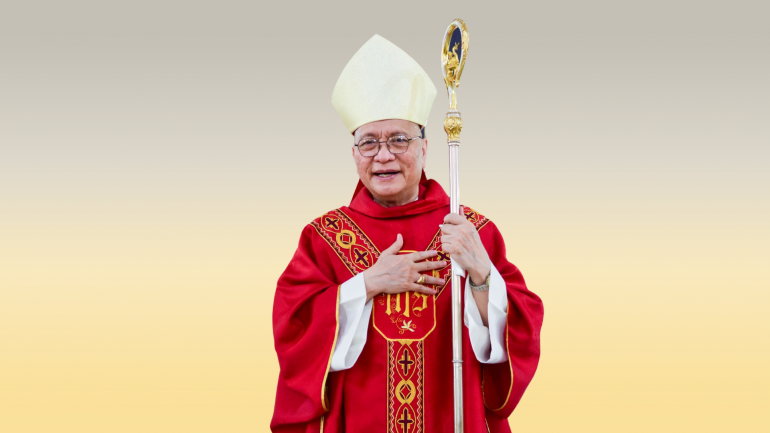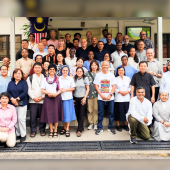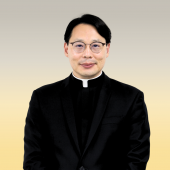Bishop Honesto Ongtioco: A Life of service and leadership in the Church

Bishop Honesto Ongtioco of the Diocese of Cubao was born on October 17, 1948, in San Fernando, Pampanga Province, Philippines.
He was ordained to the priesthood on December 8, 1972, at the province's Cathedral of the Assumption and was ordained bishop in the same church on June 18, 1998.
Pope John Paul II designated him as the second residential bishop of Balanga, Bataan province, on April 8, 1998. His installation as the first bishop of Cubao occurred on August 28, 2003, following his appointment on June 28, 2003.
He attended elementary and secondary school from 1954 to 1964, after which he pursued philosophy and seminary at the Jesuits' Ateneo de Manila University from 1967 to 1969.
Following the completion of his Master's degree in Organization Development and Planning from the Southeast Asian Interdisciplinary Development Institute in Manila (1979–1983), he pursued a Licentiate in Sacred Theology (STL) from the Pontifical University of St. Thomas Aquinas in Rome, Italy (1987–1989).
Subsequently, Bishop Honesto assumed the subsequent roles: parochial vicar of St. Catherine Parish in the United States from 1987 to 1992; assistant chaplain of Filipino migrant workers in Rome, Italy, from 1990 to 1990; vice rector and econome of Pontificio Collegio Filipino from September 1992 to 1997.
Bishop Honesto held the following positions within the Catholic Bishops' Conference of the Philippines (CBCP): as a member of the Commission for Pastoral Care for Migrants and Itinerant People, Pension Plan Committee, and Commission on Pontificio Collegio Filipino (1998–2003); chairperson of the Pension Plan Committee (2003); and CBCP treasurer (1998–present).
Pope Francis conferred the apostolic administratorship of Malolos upon him on May 12, 2018.
Radio Veritas Asia (RVA), a media platform of the Catholic Church, aims to share Christ. RVA started in 1969 as a continental Catholic radio station to serve Asian countries in their respective local language, thus earning the tag “the Voice of Asian Christianity.” Responding to the emerging context, RVA embraced media platforms to connect with the global Asian audience via its 21 language websites and various social media platforms.














